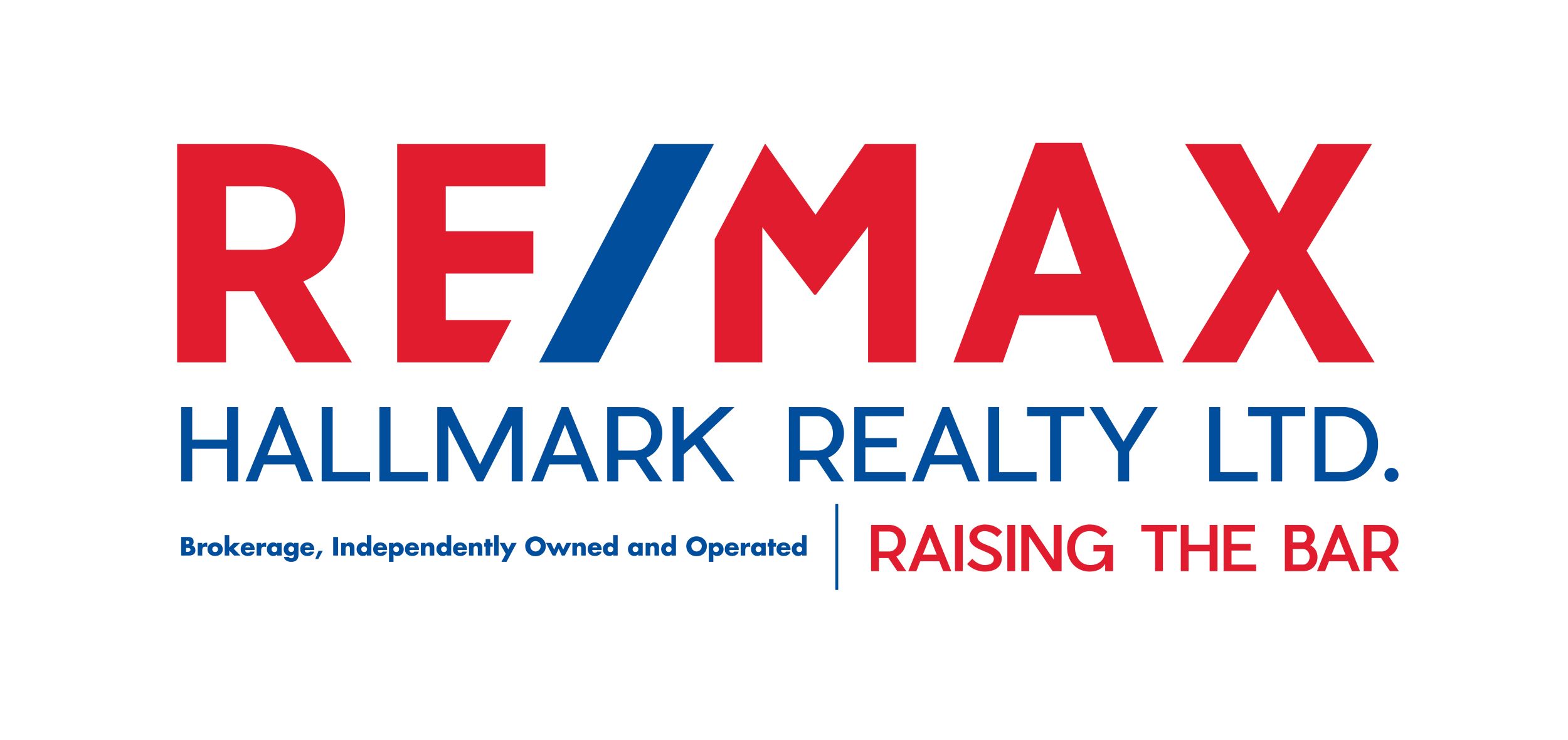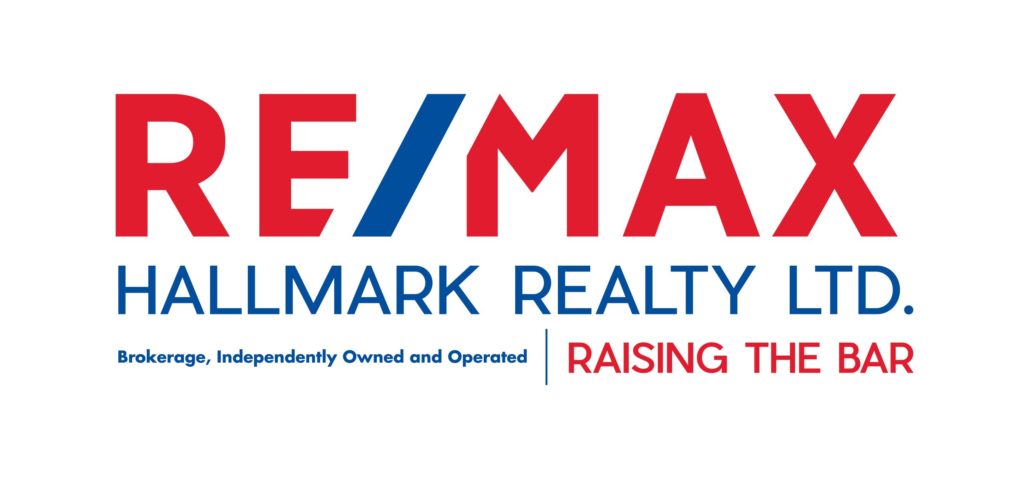Most new builds are pretty safe, from a toxicity point of view. Developers have to meet guidelines and by-laws for the area they are building in and that includes not using toxic materials in the construction. Older homes, however, can contain some interesting—and ultimately costly—surprises, so make sure you check carefully before signing on the bottom line.
Example? A realtor friend of mine sold a home for a young couple in the country. There was a crack in the foundation that had been leaking but they didn’t know it as the crack and leak was behind a built in cupboard in a far corner of the basement that they didn’t use. They didn’t know there was a problem, so they didn’t disclose it on their SPIS form (Seller Property Information Statement), when they sold. The new owners, who decided to renovate the basement, discovered the small crack and water damage and wanted to pursue the previous owners. They weren’t successful because they couldn’t prove that the previous owners had failed to disclose or attempted to conceal the problem.
A SPIS form is a disclosure statement that basically reveals any known defects to the buyer. A lot of sellers choose not to complete this form. It’s not legally required, at this point, but not completing it can flag to a buyer that the seller might be hiding something. With or without the form, however, sellers do need to disclose any defects in the home that they know of that would make the home inhabitable or dangerous to the new owners.
What kind of defects can a home have?
There are two kinds of defects in a home: patent and latent. Patent defects are self-explanatory: they are patently obvious! If a window is broken or half the shingles have blown off the roof, anyone can see that without investigating too closely! If the buyer chooses to ignore them, that’s their tough beans!
Latent defects are not as visible. If you, as the seller, know about the defect (an issue with the foundation, water leaking, etc…) and don’t disclose it, or worse, try and cover it up, you could be liable for damages, if pursued by the new owners.
Do you know if your house contains any of the following?
- Lead plumbing – which leads to lead in the drinking water.
- Lead paint – this was only legislated in Canada in 1976, so older homes could have a coat or two!
- Knob and tube wiring
- Radon – found in the soil around a house, it can leak into a home via foundation cracks, increasing lung cancer risk significantly.
- Asbestos – insulation and fireproofing material, used until 1990. It can also be found in some older tiling, popcorn ceiling tiles, older siding and plaster.
- Urea formaldehyde – foam insulation used up to the 1970s. Prohibited since 1980, it can still be found in some older homes.
These are just to name a few… The seller may not be aware of some of the latent defects either, particularly in an older home that was constructed when building codes were different.
A perfect example is asbestos. This carcinogenic product was used to line chimneys and insulate homes back in the day and if it’s not brought out to open air, it won’t hurt. But if you were planning to renovate the older home you just bought, your contractor might find it and that’s a significant cost increase. It has to be removed and disposed of by a team of specialists, and all construction will stop while that’s going on as breathing in the tiny particles is dangerous in the extreme!
Any other necessary disclosures?
There are a couple of other very important items that you need to disclose when selling your home:
- Though not a LEGAL requirement, realtors in Ontario are obligated to disclose any information that is material in the sale of a home. That includes if the property was the scene of a suicide, murder or other crime.
- A seller is required by law to disclose if the property was previously used as a marijuana grow op if there are any resulting latent defects, which there invariably are! It’s not uncommon for a realtor to require a specific mention that the property was NOT a grow op in the Agreement of Purchase and Sale contract.
Can you protect yourself from latent defects?
If you’re buying an older home, it’s not always possible to find out about every possible latent defect. After all, the current owners might not be aware of them either! But do as much investigation as you can and, if you’re planning to renovate, put a little cushion in your budget for any unexpected surprises!
April 17, 2018

Riverdale Office
Phone: 416-462-1888
Fax: 416-462-3135
724 Pape Avenue, Toronto,
ON M4K 3S7


